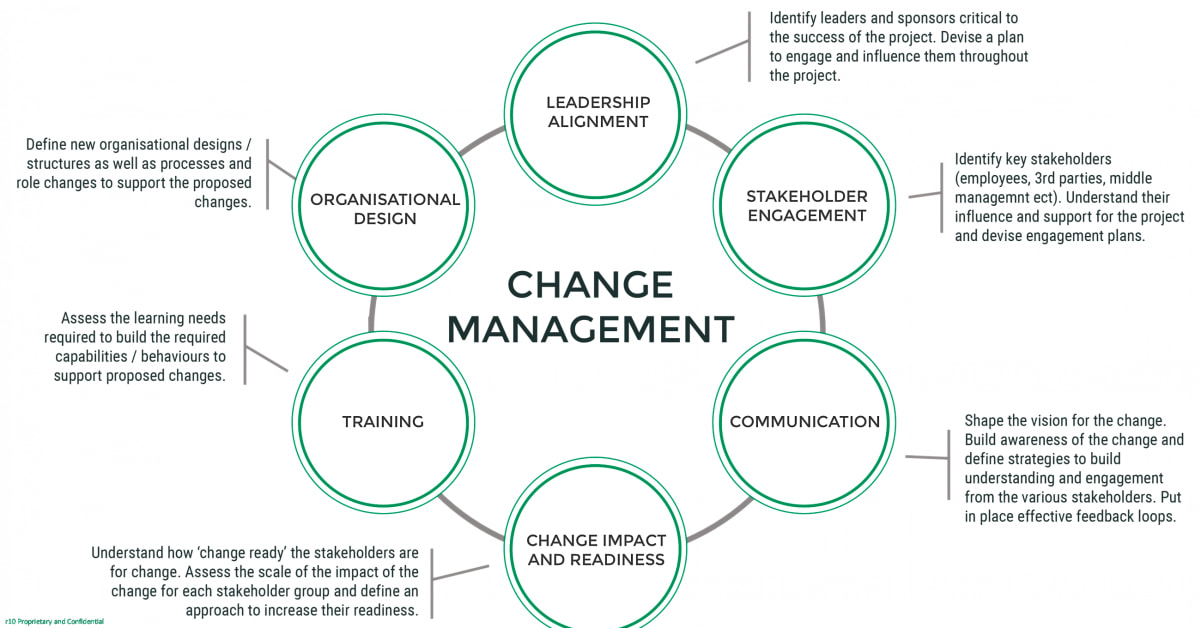Strategic planning is an essential component for any successful business. It involves the process of identifying and setting goals, creating a roadmap to achieve those goals, and making necessary adjustments along the way. In today’s ever-changing business landscape, strategic planning is more important than ever before. It allows businesses to stay ahead of the competition, adapt to new challenges, and ultimately thrive in their industry. In this comprehensive overview, we will dive into the benefits of strategic planning and how it can boost your business. Whether you are a small start-up or a large corporation, understanding the importance of strategic planning is crucial for long-term success. So, let’s explore the key elements of strategic planning and how it can help take your business to the next level.
In this article, we will cover the main aspects of strategic planning, including its definition, importance, and different types of strategic planning. We will also explore how strategic planning can benefit your business by improving efficiency, identifying growth opportunities, and increasing overall success. Along the way, we will provide real-life examples and insights from experts in the field. By the end of this article, you will have a better understanding of strategic planning and its role in achieving business success.
Strategic planning can be defined as a systematic process of setting goals, developing strategies, and implementing actions to achieve those goals. It involves analyzing the current state of the business, identifying potential challenges and opportunities, and creating a roadmap to guide the company towards its desired future state.
One of the key reasons why strategic planning is important for businesses is that it helps to align all aspects of the organization towards a common goal. By having a clear plan in place, everyone in the company knows what they are working towards and how their individual efforts contribute to the overall success of the business.
There are various types of strategic planning that companies can utilize depending on their specific needs and goals. Some common types include long-term, short-term, functional, and scenario-based planning. Long-term planning focuses on goals that are more than five years out, while short-term planning looks at goals that can be achieved within a year or less. Functional planning is specific to a certain department or function within the company, such as marketing or finance. Scenario-based planning involves considering different potential scenarios and developing strategies to address each one.
Now let’s explore how strategic planning can benefit your business. One major advantage is that it improves efficiency by eliminating redundancies and streamlining processes. Through the planning process, businesses can identify areas where they can cut costs or improve productivity, ultimately leading to increased profitability.
Strategic planning also allows businesses to identify growth opportunities and take advantage of them before their competitors do. By analyzing market trends and customer needs, companies can develop strategies to expand their offerings or enter new markets, driving business growth and success.
Additionally, strategic planning helps businesses to be proactive rather than reactive. By anticipating potential challenges and developing strategies to address them, companies can minimize their impact and maintain a competitive edge.
Real-life examples of successful strategic planning can be seen in companies like Apple and Amazon. Both have utilized long-term strategic planning to establish themselves as leaders in their respective industries and continuously evolve and adapt to changing market conditions.
In conclusion, strategic planning is a crucial element in achieving business success. By having a clear plan in place, businesses can align their efforts towards a common goal, improve efficiency, identify growth opportunities, and stay ahead of the competition. We hope this article has provided a comprehensive overview of strategic planning and its importance in driving business success.
Why is Strategic Planning Important?
Next, we will explore the importance of strategic planning and why it should be a priority for every business.
Real-Life Examples and Insights
To better understand the practical application of strategic planning, we will provide real-life examples and insights from experts in the field.
What is Strategic Planning?
Strategic planning is a process that involves analyzing a company’s current situation, setting realistic goals, and creating a roadmap to achieve those goals. It is a long-term process that involves looking at the bigger picture and making decisions that will have a significant impact on the future of the business. The main purpose of strategic planning is to identify opportunities for growth and improvement, as well as to prepare for potential challenges or obstacles that may arise.
It is important to note that strategic planning is not just about creating a plan, but it also involves regularly monitoring and adjusting the plan based on changing circumstances and market conditions. This allows businesses to be proactive and stay ahead of their competition, rather than simply reacting to changes in the market.
Different Types of Strategic Planning
Strategic planning is an essential process for any business looking to achieve long-term success. It involves setting goals, analyzing the current business landscape, and creating a roadmap for achieving those goals. However, not all strategic planning is the same. There are various types of strategic planning that businesses can utilize to meet their unique needs and objectives.
One type of strategic planning is known as corporate strategy. This type of planning focuses on the overall direction of the company and how it can achieve its goals. It involves analyzing the company’s strengths, weaknesses, opportunities, and threats (SWOT analysis) and then creating a plan to align all areas of the business towards achieving its objectives.
Another type of strategic planning is functional strategy. This type of planning focuses on specific areas of the business, such as marketing, finance, or operations. It involves setting goals and creating plans for each function that align with the overall corporate strategy.
There is also business unit strategy, which focuses on individual business units within a larger company. This type of planning involves setting goals and creating strategies for each unit that align with the company’s overall objectives.
Lastly, there is operational or tactical planning. This type of planning focuses on short-term actions and decisions that will help the company achieve its goals in the near future. It involves creating specific action plans and allocating resources to different departments or teams to ensure the company is moving in the right direction.
Benefits of Strategic Planning
Now that we have covered the different types of strategic planning, let’s explore how it can benefit your business.
Strategic planning is a crucial tool for businesses of all sizes and industries. It involves setting goals, developing action plans, and making informed decisions to achieve long-term success. By implementing strategic planning, businesses can reap a multitude of benefits that can ultimately lead to growth and profitability.
One of the key benefits of strategic planning is its ability to align all aspects of a business towards a common goal. This means that all departments and employees are working towards the same objectives, which leads to increased efficiency and productivity. With a clear direction and purpose, businesses can better allocate resources and make effective decisions that support their overall vision.
Additionally, strategic planning allows businesses to identify potential challenges and opportunities in the market. By analyzing market trends and conducting thorough research, companies can anticipate changes and adjust their strategies accordingly. This helps them stay ahead of the competition and adapt to any shifts in the industry.
Another advantage of strategic planning is its focus on long-term success rather than short-term gains. By creating a solid plan for the future, businesses can avoid making hasty decisions that may bring temporary benefits but have negative consequences in the long run. This also helps businesses maintain consistency in their operations and build a strong foundation for sustained growth.
Moreover, strategic planning fosters communication and collaboration within an organization. As different teams work together towards a common goal, they share ideas, feedback, and resources, leading to a more cohesive and efficient workplace. This also promotes a sense of accountability among employees as they understand their role in achieving the company’s objectives.
In conclusion, strategic planning is an essential aspect of business consulting that can greatly benefit any organization. From aligning goals to anticipating market changes and promoting teamwork, strategic planning plays a crucial role in driving business success. By incorporating it into their processes, businesses can set themselves up for long-term growth and profitability.
In conclusion, strategic planning is a crucial aspect of achieving business success. By defining your goals, identifying opportunities, and developing a plan to reach them, you can drive your business forward and stay ahead of the competition. We hope this article has provided you with valuable insights on strategic planning and its benefits.





